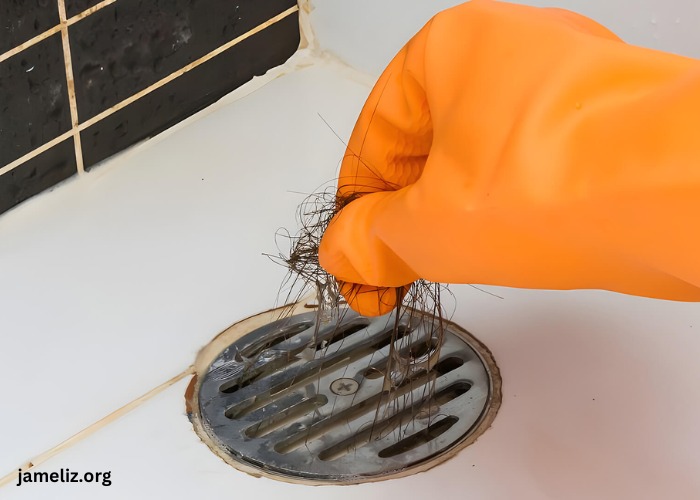A clogged drain is more than an inconvenience. It can escalate quickly if not addressed. Most blockages start with minor indicators that, if ignored, can lead to severe damage. Understanding the signs early can save you both time and money. From foul odours to slow-draining sinks, these early warning signs are often easy to spot but easy to dismiss. Ignoring them can result in costly repairs, water damage, and even health hazards down the line.
Slow Draining Water
One of the most common indicators of a blocked drain is slow water drainage. Whether it’s your sink, shower, or bathtub, if water isn’t draining as it usually does, this could signal a buildup in the pipes. Common causes include hair, soap scum, or grease blocking the flow. Ignoring this early sign may lead to complete blockages, so it’s best to tackle the issue as soon as you notice it.
Foul Odours
Strange smells are another telltale sign of drain issues. If a foul odour emanates from your drains, it often points to decomposing materials stuck within the pipes, like food scraps or other waste that’s been trapped. These unpleasant smells usually become stronger over time and may be the result of blockages in your sink or shower drains.
Gurgling Sounds
Odd gurgling sounds coming from your pipes signal air trapped due to blockages. This noise typically occurs when other nearby appliances are in use, like when flushing the toilet or running the dishwasher. These sounds mean that water is struggling to pass through the pipes due to obstructions, often leading to more severe blockages if ignored.
Water Backing Up
Seeing water backing up in unexpected places, such as a kitchen sink when you run the washing machine, indicates that there may be a blockage somewhere in the main drain system. This symptom is often a sign of a more significant issue and could involve more extensive parts of your plumbing system. Addressing this problem quickly can prevent water damage to your property.
Overflowing Toilets
One of the most distressing signs is a toilet that overflows or drains slowly. An overflowing toilet is not just inconvenient; it’s a health risk due to exposure to waste and bacteria. If plunging doesn’t resolve the problem, it likely means the blockage is farther down in the pipes and may require professional intervention.
Why Addressing Blockages Promptly is Essential
Ignoring blocked drains can lead to major plumbing issues. For one, unresolved blockages often worsen over time, leading to water damage, burst pipes, or even sewage leaks. Addressing a blockage promptly is cost-effective and keeps your home environment safe and functional.
Here are some simple maintenance tips to prevent the issue:
- Regularly clean sink and shower drains: Removing hair and debris can help reduce buildup.
- Dispose of grease properly: Instead of pouring it down the pipes, allow it to cool, then throw it in the garbage.
- Be cautious with disposables: Items like baby wipes, sanitary products, and paper towels should never be flushed, as they can easily clog pipes.
How Plumbing Professionals Can Help
When it comes to drains, a plumbing professional can identify the root cause and ensure the issue is resolved effectively. Using specialised tools like drain cameras and hydro jetting equipment, they can clear even the toughest blockages and assess any pipe damage that may be causing recurrent issues.
Professional plumbers also offer preventive advice, helping you maintain a healthy plumbing system and avoid future blockages. Their expertise not only restores proper drainage but also safeguards your property from potential water damage.
Recognizing and responding to early warning signs of a blocked drain can save you from far more severe plumbing issues down the road. Ignoring these signs may not seem like a big deal at first, but as blockages grow, they can damage pipes, leading to costly repairs and potential water damage to your home. By acting promptly and practising regular drain maintenance, you’re protecting both your home and family from avoidable risks.

